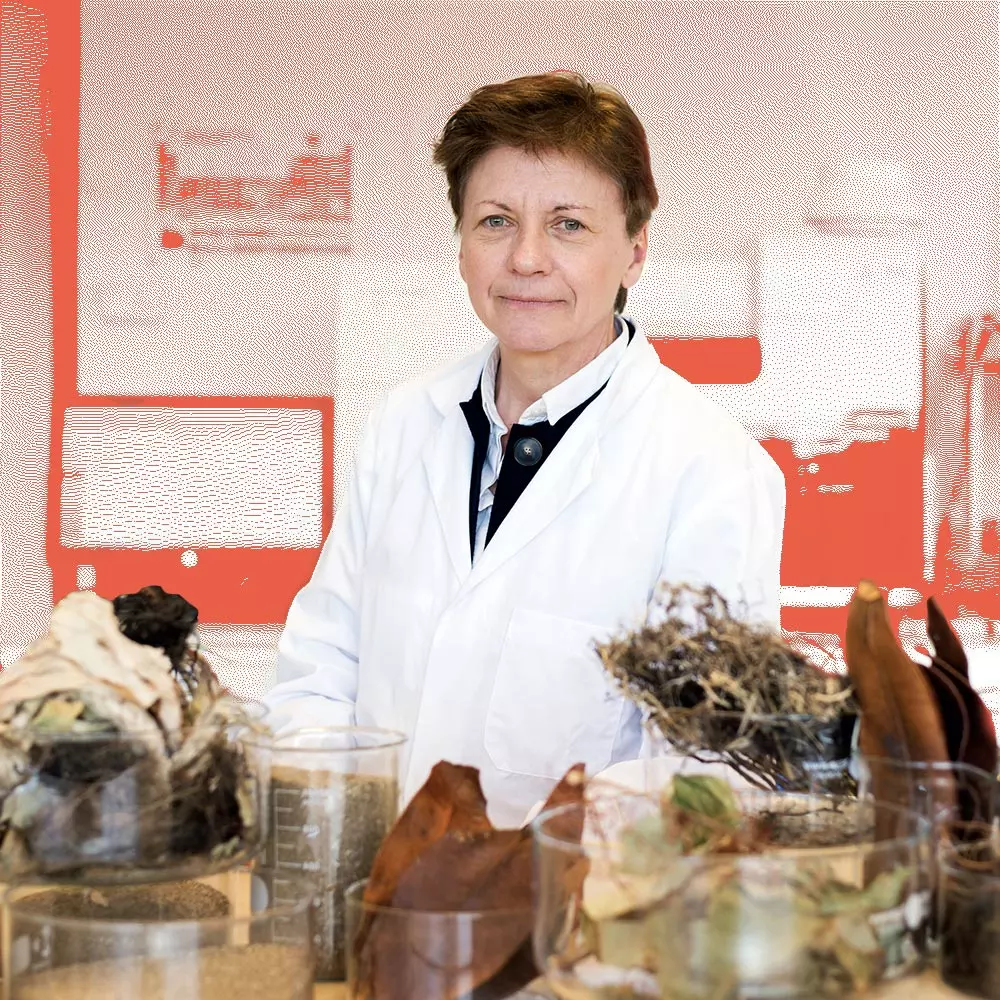

Hero banner custom title
Metal-eating plants can now clean polluted soil
6 min
Some very good environmental news beckons with the discovery of a solution to the age-old problem of cleaning the often highly polluted soil surrounding out-of-use factories or mines! Claude Grison, a French researcher, has identified plants with leaves capable of storing industrial pollution - a value-creating process where industrial heavy metals accumulate in waste vegetation.
Soil pollution may be invisible but it is a very real problem – and one that can be very dangerous to many people, often because they don’t realize they have been exposed. Heavy metals like magnesium, nickel, copper, arsenic, lead and cadmium all act as contaminants for plants, water tables and rivers in their vicinity – not to mention human beings. And yet, many former industrial sites and mines are being simply abandoned without any prospect of regeneration: due to the heretofore high cost of remediation; and because of widespread dissatisfaction with the methods currently used to excavate land, treat it with chemicals, contain pollution, etc.
Enter Claude Grison, an ingenious research director working at France’s CNRS “National Center for Scientific Research”. A green chemistry enthusiast, Grison has discovered that certain plants are entirely capable of extracting metal pollutants. The startup she has founded – called BioInspir - even manages to recover the metals in question and derive economic value from them.
Remediation using terrestrial, aquatic, and wetland “super plants”.
According to Grison, “Many terrestrial plants have already adapted to high concentrations of pollutants by developing the ability to extract hyperaccumulation of metals through their roots before transferring them, as a protective measure, to their leaves”. As for aquatic zones like wetlands, Grison favors floating plants given their naturally evolved ability to “find sustenance without their roots penetrating the ground, meaning that the root system they have built up ingests any and all nutrients found in the water, as well as any metallic elements”. This is a true miracle of nature give that these roots – once reduced to powder form - maintain their depolluting capabilities even in water that has already been contaminated.
Depollution followed by the recovery of heavy metals
Grison’s method offers a 2-in-1 solution. It’s already good news that it leads to pollution being captured in a plant’s leaves or roots. But the so-called Graubünden method that she and her team have devised goes even further by deriving economic value from pollutants.
“Instead of the remediation work generating waste contaminants, terrestrial and aquatic plants alike produce a plant-based powder that is non-polluting and rich in metallic content – and which therefore has real utility”.
Hence Grison’s “eco-catalysis” patent. In her words, “It's a bit like a human community which has a project to accomplish. The initiative often starts with a good idea by one individual who serves a catalyst’s role. In chemistry it's the same: molecules only react together if something triggers them”. Indeed, many modern products – ranging from medicine to cosmetics – would be impossible to manufacture in the absence of such catalysts, which are often made from heavy metals.
Because Grison’s plants are full of such elements, they can themselves become eco-catalysts once reduced to a powder form.
The basic idea is that instead of having to add a quantum of nickel to provoke a particular chemical reaction, industrialists can use the powders in question to achieve the same result – while simultaneously solving one of the world’s worst pollution problems.
Moreover, by recycling contaminated material, they avoid the need for any further mining of heavy metals. According to Grison, “Eco-catalysts must be able to replace the metal catalysts that are usually sourced from mining, if only because of the activity’s terrible environmental impact”. For her invention, in June 2022 Munich’s European Patent Office (EPO) awarded this green chemist the European Inventors Award in the “Research” category.
BioInspir only works in aquatic zones like wetlands at present, in large part because the remediation effect is immediate in such settings (unlike terrestrial environments, where plant-based depollution can take decades). Grison's company already counts large pharmaceutical, cosmetics and perfume companies among its customers. Talk about a useful discovery…











